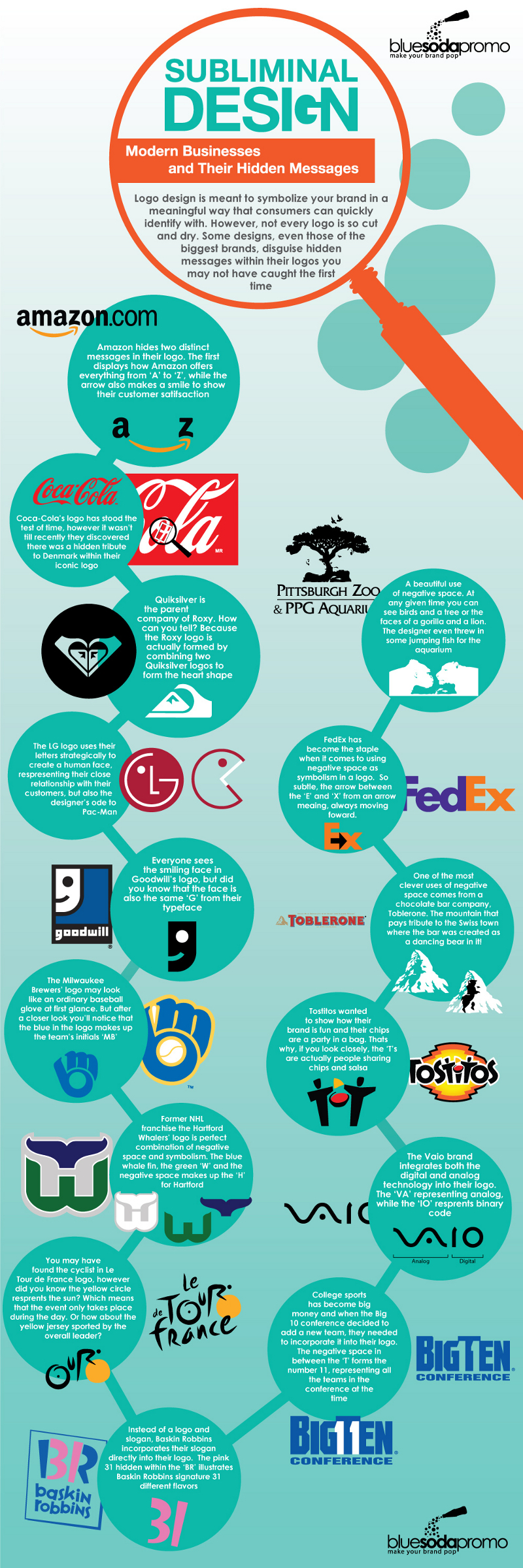
A lot of pop music is really important because it invites you to become part of a movement, no matter what that is. Now, BTS also embody so much of that gang mentality, and the connection with their fans is so powerful. I saw it again, years later, working on the initial marketing for One Direction. They had a swagger, and when you watched them perform, you imbibed something of that the idea was: 'you could be part of this gang'. "Their music was very formulaic, repetitive, kind of like a mantra. "NKOTB brought a kind of expansiveness that we hadn't had in British pop for a while," argues Kadis, who is now a music manager and industry consultant. Kadis insists that even the frothiest lyrics and poses can evoke a coded power – including early-'90s boy band, New Kids on the Block. Pop songs don't originate themes of mental wellbeing, equality, liberty, activism – but they do transmit them to the broadest platforms possible.Īs with song lyrics, this immersion in pop music operated on more than one level at once – although the underlying message was a sense of camaraderie pop is essentially a unifying force. It has given voice to individuals and groups denied access to other platforms for expression." Pop music has often been dismissed as "lightweight" given its young audience, simple snappiness and mainstream status, but those elements are really where its strength is concealed. US musician and author Ted Gioia argues in his excellent book Music: A Subversive History (2019): "At every stage in human history, music has been a catalyst for change, challenging conventions and conveying coded messages – or, not infrequently, delivering blunt, unambiguous ones. The most iconic 21st-Century dance anthem

Pop music is both universal and intensely subliminal a catchy tune grabs our attention, but it is the coded elements (lyrically and visually) that really connect with us – and at their most powerful, they are positively transformative. This might be a selective shuffle from Eilish's catalogue, but the idea of a "secret note" to listeners expressing her happiness is also persuasive, particularly as her material has addressed mental health and personal vulnerability.

#Popular subliminals archive#
Through a deep archive of eclectic examples, including educational technology in the American classroom, mind-control tropes in science fiction, Marshall McLuhan’s media theories, and sensational claims in the late 1950s about subliminal advertising, Acland establishes the subliminal as both a product of and a balm for information overload.When multi-award-winning 19-year-old singer-songwriter Billie Eilish announced her upcoming second album release, many fans on social media were abuzz about a possible "hidden message" linking her various record titles: My Future Everything I Wanted Happier Than Ever. His expansive history of popular concern about subliminal messages shows how the notion of “hidden persuaders” became a vernacular media critique, one reflecting anxiety about a rapidly expanding media environment. He chronicles the enduring popularity of the dubious claims about subliminal influence, tracking their migration from nineteenth-century hypnotism to twentieth-century front-page news.

Acland reveals the secret story of subliminal influence, showing how an obscure concept from experimental psychology became a mainstream belief about our vulnerability to manipulation in an age of media clutter. Since the late 1950s, the idea that hidden, imperceptible messages could influence mass behavior has been debated, feared, and ridiculed.


 0 kommentar(er)
0 kommentar(er)
